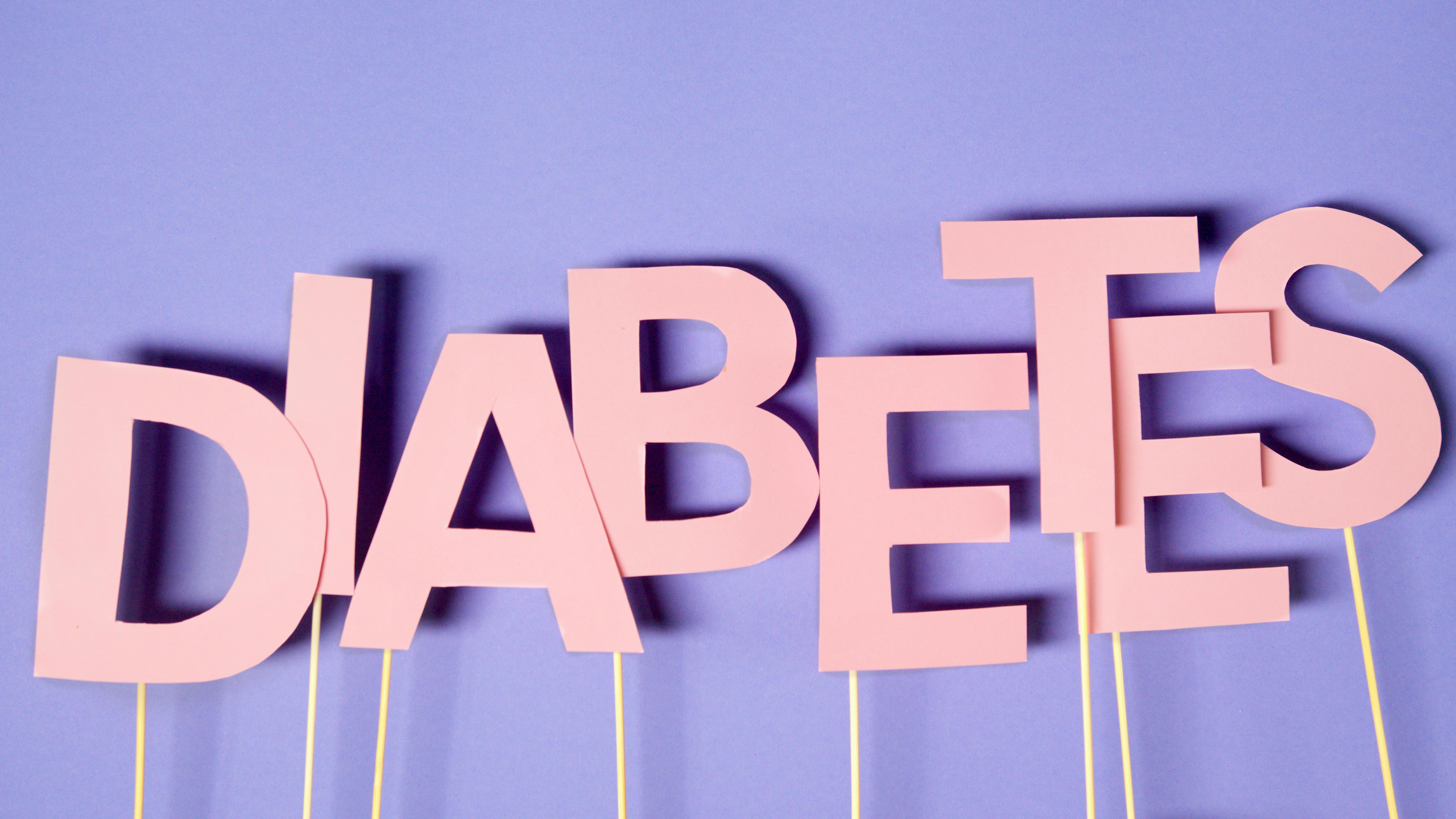Apply Now
Top 5 Ways to Enjoy Eggs: A Practical 2025 Guide to Calories
Understanding Egg Calories and Nutrition
Eggs are a staple in many diets around the world, not just for their versatility in cooking but also for their nutritional value. One large whole egg typically contains about 70 calories, which varies slightly based on the cooking method. Here, we delve into the calories in eggs, focusing on boiled, fried, and scrambled methods, providing insights into their nutritional advantages.
Boiled eggs are one of the most popular choices for a healthy breakfast. With approximately 68 calories per egg, they are rich in protein and packed with essential vitamins (like vitamin D) and minerals (like calcium). Scrambled eggs, often prepared with a bit of butter, can have between 90 to 100 calories depending on additional ingredients. For those on a weight loss journey, understanding the calorie content of your egg dishes can substantially aid in meal planning and portion control.
Fried eggs can vary widely in calorie content based on the amount of oil or butter used. A plain fried egg without any additives typically contains around 90 calories. It is essential to account for this when calculating your daily intake, especially if you're mindful of your weight management. This means that with a few adjustments, you can enjoy eggs while maintaining a healthy diet.
To give you a clearer idea of the nutritional breakdown, refer to our
calorie chart that lists the calories per egg for different cooking methods.
Exploring High-Protein Egg Options
Eggs are renowned for their high protein content, making them an excellent choice for athletes and anyone looking to build muscle. A large egg contains about 6 grams of protein, which is crucial for muscle recovery and growth. The protein in eggs is also complete, meaning it includes all nine essential amino acids — vital for maintaining muscle mass and overall health.
For those who prefer lower calorie options, egg whites are a perfect alternative, containing roughly 17 calories per white and a whopping 3.6 grams of protein. They are highly favored in diets focused on muscle gain or in low-fat meal plans. This makes egg whites a great fit for individuals trying to manage their calorie intake while ensuring adequate protein consumption.
Incorporating high-protein eggs into meals can also enhance satiety — making you feel fuller for longer. Adding eggs to your breakfast can significantly reduce cravings throughout the day, which supports weight management goals. You can enjoy scrambled egg dishes or baked goods with eggs, which deliver both flavor and nutrition.
For a deeper dive into egg nutrition, check our
nutritional value comparison that further distinguishes whole eggs from egg whites.
Low-Calorie Egg Recipes for Weight Loss
Weight loss can be approached deliciously with low-calorie egg recipes that satisfy cravings without compromising on taste. Many egg dishes can be tailored to be low-calorie, making them ideal for anyone looking to shed pounds. Ideas include egg salads made with minimal mayonnaise, or simply using spices to elevate the flavor profile of plain hard-boiled eggs.
A popular low-calorie recipe is the vegetable-packed omelet. Combining diverse vegetables like spinach, bell peppers, and mushrooms with just one whole egg and a couple of egg whites creates a nutritious breakfast option under 150 calories. This not only provides essential nutrients but also incorporates fiber, which is important for digestion and prolonged satiety.
Additionally, consuming eggs in their whole form or in baked goods like muffins can further support weight loss ventures. It’s critical to track calories when baking; for example, a baked good that includes one egg might only need around 75 calories added for the egg itself. Try maintaining a balance between whole eggs and egg whites in various recipes to manage calorie intake efficiently.
For innovative recipes, look at our guide on
egg meals for weight loss that covers everything from breakfast ideas to light lunch options.
Calorie Comparison: Eggs and Other Proteins
Eggs hold a special place in the discussion of protein sources compared to meats and dairy products. Speaking of calories, a medium boiled egg has about 70 calories, which is relatively lower compared to a serving of chicken or beef, which can exceed 200 calories or more, depending on the cut.
When comparing eggs to plant-based proteins like beans or lentils, eggs provide a higher protein density with less calorie content, making them a favorite among those focused on maintaining lean body mass. This caloric efficiency supports diet plans aimed at muscle retention while minimizing fat gain, a vital insight for athletes and fitness enthusiasts.
Understanding the calorie content of eggs enables better nutrition tracking and meal planning. Choosing eggs over other higher-caloric proteins can enhance your diet and support healthy eating practices.
Building on these principles, the next section will delve into the various cooking methods and their impact on egg calories.
The Best Cooking Methods to Maintain Low Calories
Cooking methods greatly influence the calorie levels of eggs. For instance, boiling and poaching are two of the healthiest options, retaining most of the nutrients without adding any fat. Boiled eggs remain a classic choice with about 68 calories and are a staple in healthy diets.
On the other hand, frying can significantly raise the calorie count, especially when using butter or oil. A fried egg can range between 90-100 calories and should be approached with caution for those monitoring their calorie intake. Scrambled eggs can also vary widely, especially if cheese or cream is added.
Utilizing non-stick pans or opting for cooking sprays can reduce the calorie content in fried or scrambled eggs without sacrificing taste. Additionally, using a variety of spices can add flavor without the extra calories, allowing for creative meal preparation.
In summary, by understanding the impact of various cooking methods on the overall calorie content of eggs, one can make informed decisions that align with their health goals.
Tips for Incorporating Eggs into a Balanced Diet
Incorporating eggs into a balanced diet doesn't just maximize nutritional benefits; it also supports sustainable cooking practices. For example, pairing eggs with whole grain toast provides a beneficial source of fiber and complex carbohydrates, enhancing overall meal quality.
Moreover, with advances in culinary techniques, eggs can play a central role in meal preparation, whether in baking, wraps, or salads. Meal preppers often use hard-boiled eggs as a convenient, protein-rich snack or light lunch option, ensuring snacks remain under budget in both time and calories.
For families looking to embrace healthy eating habits, educating children about the nutritional benefits of eggs reinforces healthy choices. This foundational awareness lays the groundwork for lifelong habits.
For those interested in smart meal planning, focusing on the
nutritional guidelines of eggs can vastly improve your overall diet.
Conclusion
Understanding eggs’ nutritional value and calorie content allows for informed dietary choices. From high-protein options that support muscle building to low-calorie recipes for weight loss, eggs are flexible ingredients that can enhance any meal. By exploring various egg-centric dishes and cooking methods, anyone can enjoy the benefits that eggs offer while maintaining a balanced diet.




